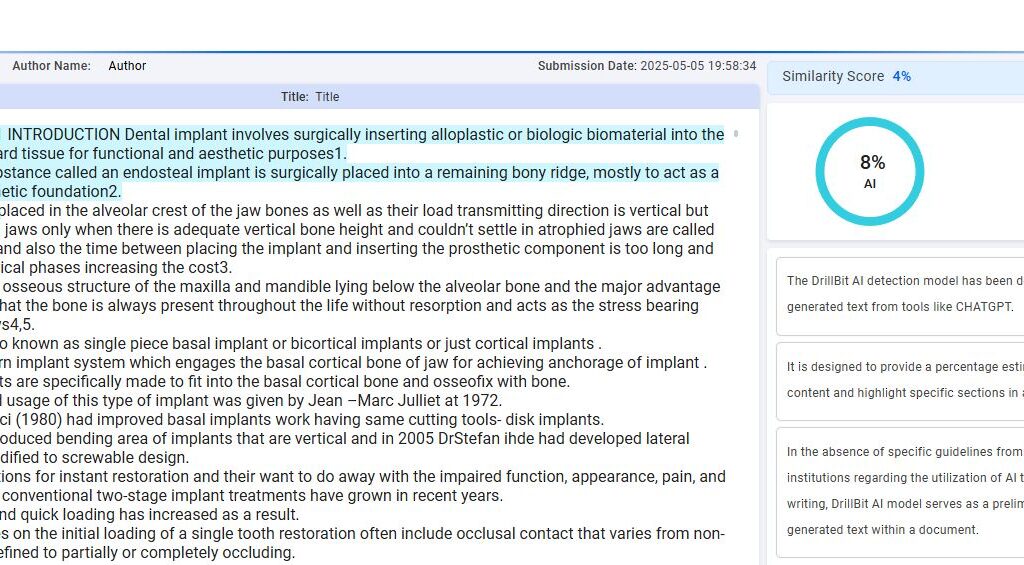India made 1,152 colleges use a plagiarism checker. Then ChatGPT...
Like other plagiarism-detection software, Drillbit is grappling with the shift from plagiarism- to AI-detection. Especially as LLMs keep evolving by the week. 
Atul is a Staff Writer at The Ken and has been writing on education and edtech for the past six years. The IIMs don’t hand out A+s so easily. But 27-year-old PGDM student YG* snagged one. After all, he put a lot of effort into his first-year project on consumer behaviour. All of November 2024, he visited eight cosmetic stores, observed customer-salesperson interactions, and made audio notes of his observations.
That’s where his work ended and ChatGPT’s began. YG dumped all his audio notes into the LLM, and let it do the rest. Of course, he had to specify things like objective and outcome. He asked ChatGPT to redraft certain paragraphs, emphasise particular arguments. And several iterations later, his A+ report was ready. He’s not the first person to do this. Neither will he be the last. And colleges and universities know that.
It’s here that a nine-year-old startup from Bengaluru is giving them a breather. Drillbit, a homegrown AI- and plagiarism-detection software, has positioned itself as a cheaper alternative to global plagiarism detection software Turnitin. Though Turnitin is used by over 16,000 institutions in 185 countries—and has been around almost since the turn of the century—it’s expensive. It costs $30,000–70,000 annually. Drillbit, on the other hand, costs less than a tenth of that: Rs 75,000–2.5 lakh ($880–2,900).
The Success of Drillbit
Buoyed by its affordability, Drillbit has risen fast. Starting off with just plagiarism detection, Drillbit ventured into AI detection in 2023. By November of that year, it had already replaced Turnitin as the default software for the Ministry of Education’s Shodhshuddhi programme. India is the fourth largest in research output, behind only China, US, and the UK. In 2024, it filed over 275,000 academic papers in Scopus, an international platform for academic journals.
 India is at the forefront of educational innovation, and initiatives like the Shodhshuddhi programme are helping maintain academic integrity in the country.
India is at the forefront of educational innovation, and initiatives like the Shodhshuddhi programme are helping maintain academic integrity in the country.
Conclusion
India's progress in the field of education and technology is commendable. The adoption of tools like plagiarism checkers and AI-driven software is revolutionizing the academic landscape, making processes more efficient and ensuring the quality of research outputs.
For more information, you can visit The Ken's website for insightful stories, newsletters, and podcasts.




















